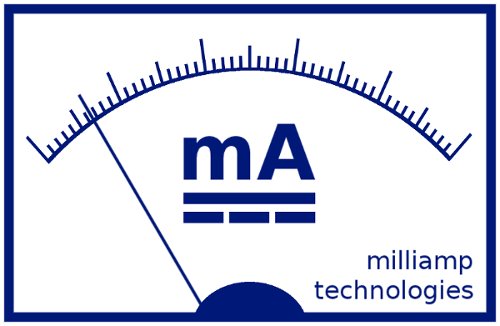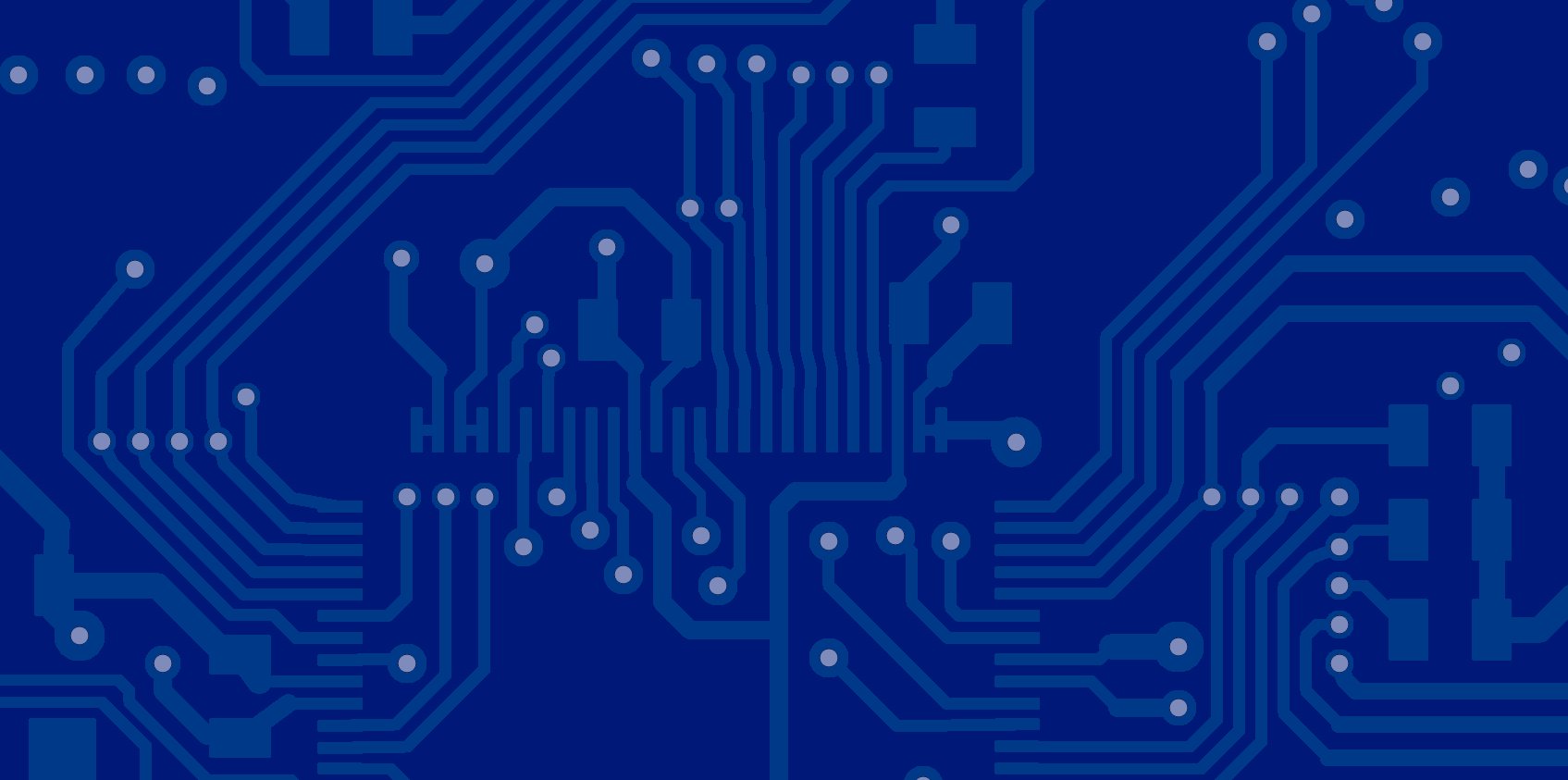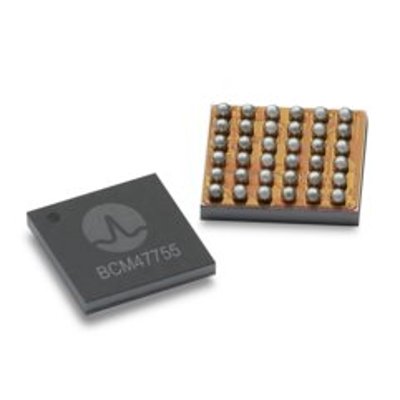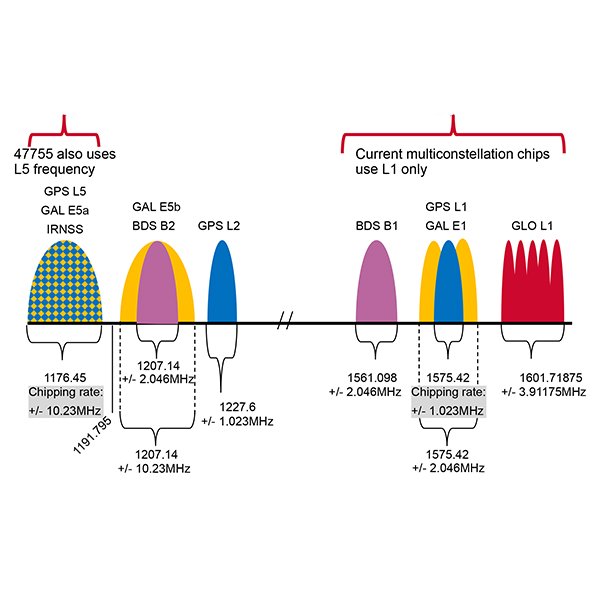In an earlier than expected move, Broadcom have just announced the imminent availability of the dual band L1/L5 BCM47755. Whilst this may not mean much to many people, it will be a future gamechanger for consumer tech currently in development that will allow devices such as smartphones and other wearable tech to resolve a users GPS position to within 30cm on a reliable basis.
The original Global Positioning System (GPS) system, built by the US Government way back in 1973 has (since its enabling for consumer use in the 1980s) been key life enhancing technology, first with car satnavs and now with positioning capability ubiquitous in everyday technology. One of the key problems with consumer GPS (L1 C/A) has always been only meters or tens of meter accuracy, with accurate sub-meter positioning still reserved for military users (L2M). With the launch of positioning constellations from other countries such as EU Galileo, Russian GLONASS and Chinese Beido among others, competition has made the race to develop more accurate positioning capability national priorities to enable more use cases, such as enhanced indoor positioning and self driving cars. These constellations have a variety of signals that can be used to replace or supplement existing positioning capability provided by the original GPS system.
BCM47755 is a dual band (L1+L5) device which allows a variety of constellations to be received, including GPS (L1 C/A), GLONASS (L1), BeiDou (B1), QZSS (L1), Galileo (E1), GPS (L5), Galileo (E5a) and QZSS (L5). By combining a traditional L1 input with a secondary signal such as L5, a variety of correctional data can be computed to allow enhanced positioning capability to a centimeter level. More satellites also equals more power, which allows better operation in built up areas (“urban canyons”) where buildings can interrupt and attenuate positioning signals. Even indoor range may be extended.
The BCM47755 incorporates a full RF-to-pseudorange receiver and dual-core processing engine (big-little CPU configuration – with ARM Cortex-M4F and Cortex-M0) that currently produces data for accurate positions and velocities, and ionospheric corrections from L1/L5 GPS and E1/E5a Galileo inputs. Manufactured on a 28nm silicon process it uses 50% less power than previous generations with GNSS tracking as low as 5mA.
With production starting in 2018 hopefully we will see this device (and likely many other competitors following it) in consumer products starting summer 2018.
Milliamp Technologies has significant experience in the design of low power positioning and tracking systems for a variety of markets – from international logistics to security tracking. Our design capability includes both the RF and embedded/compute hardware and also includes firmware and web/cloud software development. More recently our design work includes ultra low power Internet of Things (IoT) tech which is becoming pervasive in our everyday lives. If you think we are able to help you with an upcoming product development in this area please get in touch !!




Leave a Reply
You must be logged in to post a comment.